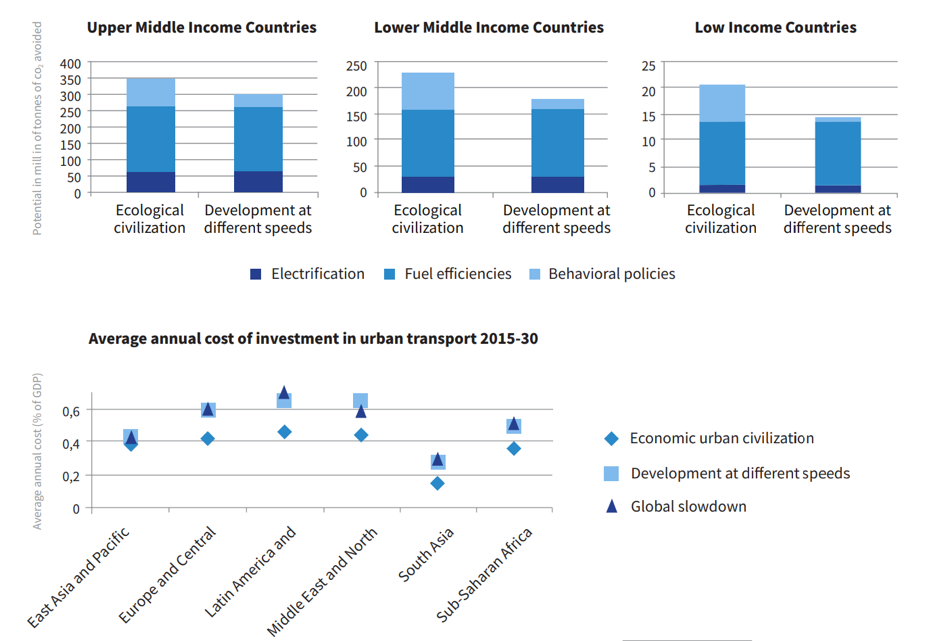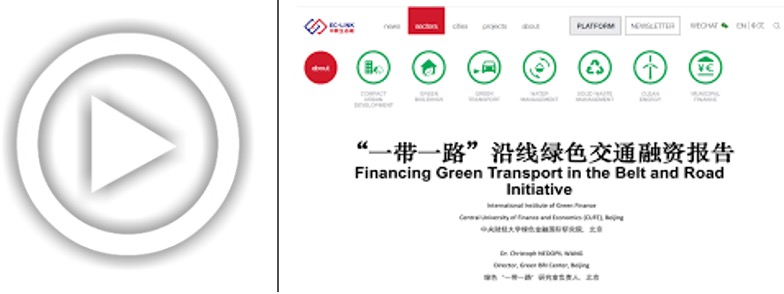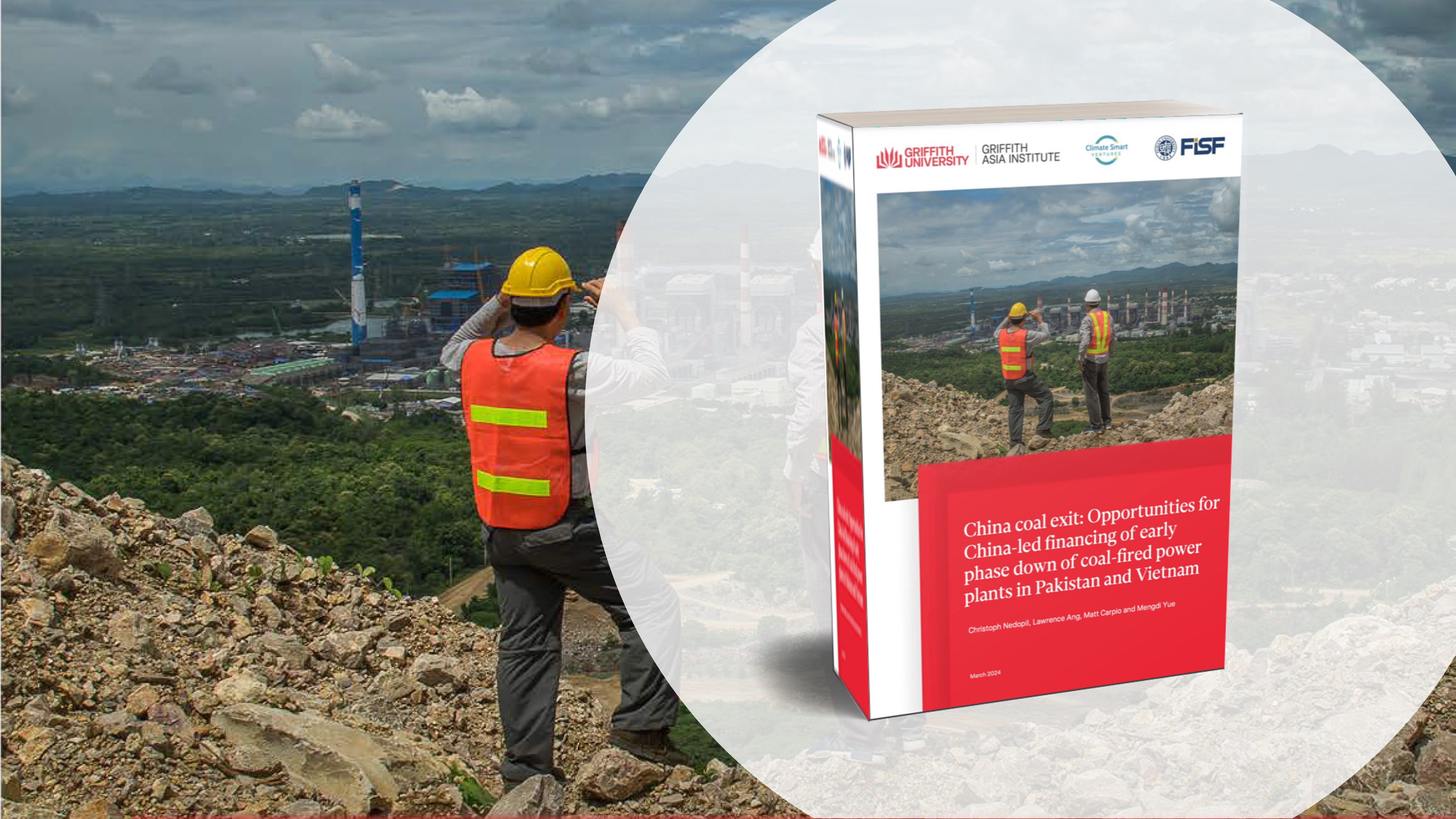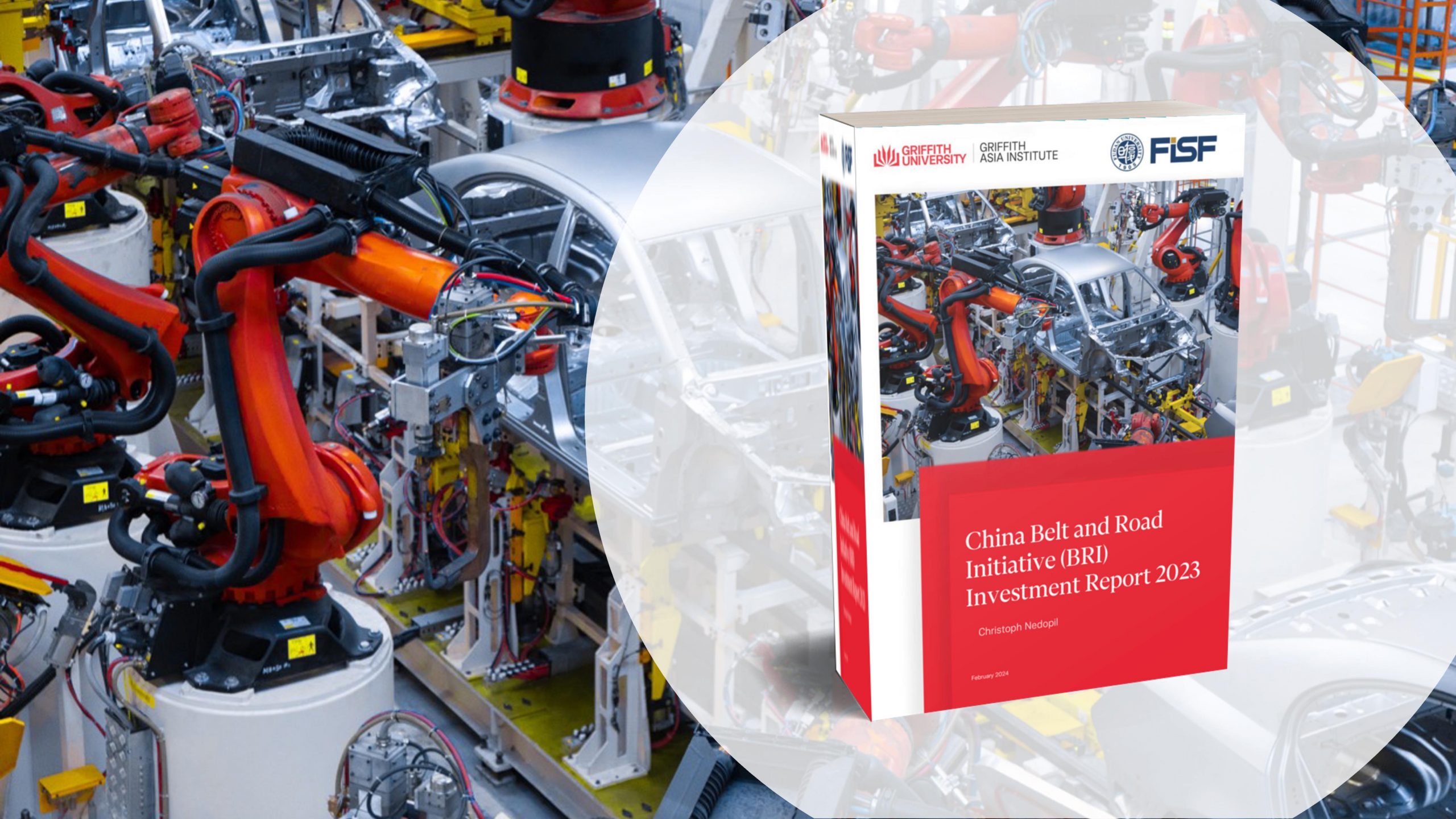Following the publication of the study on green urban transport finance in the Belt and Road Initiative (BRI) (you can download and read the full study here), the European Union project EC-Link published the webinar by IIGF Director Dr. Christoph Nedopil Wang.
In the webinar, Christoph presents the analysis of transport-related investments in the BRI, developments of mobility innovation (such as connected mobility, autonomous mobility, shared mobility and electric mobility) and different transport related policy developments. Based on the analysis, three future transport scenarios are developed and analyzed in regard to their investment needs, and transport-related emissions:
- ecological civilization, which emphasizes cooperation between the big technology providers, high cooperation for efficient investment and local capacity building to ensure high-quality and sustainable transport and mobility project implementation
- host country principle, where sustainable transport development focuses on local wishes, but not necessarily green development
- global slowdown, where global investments in transport and mobility slow down due to global economic crises (e.g. after Covid-19)

The result is that the scenario “ecological civilization” has the lowest cost investment cost of “only” USD 170 billion of annual investment. It has the best results for the environment (green transport) and mobility for the people.
You can find the full video here.




Comments are closed.